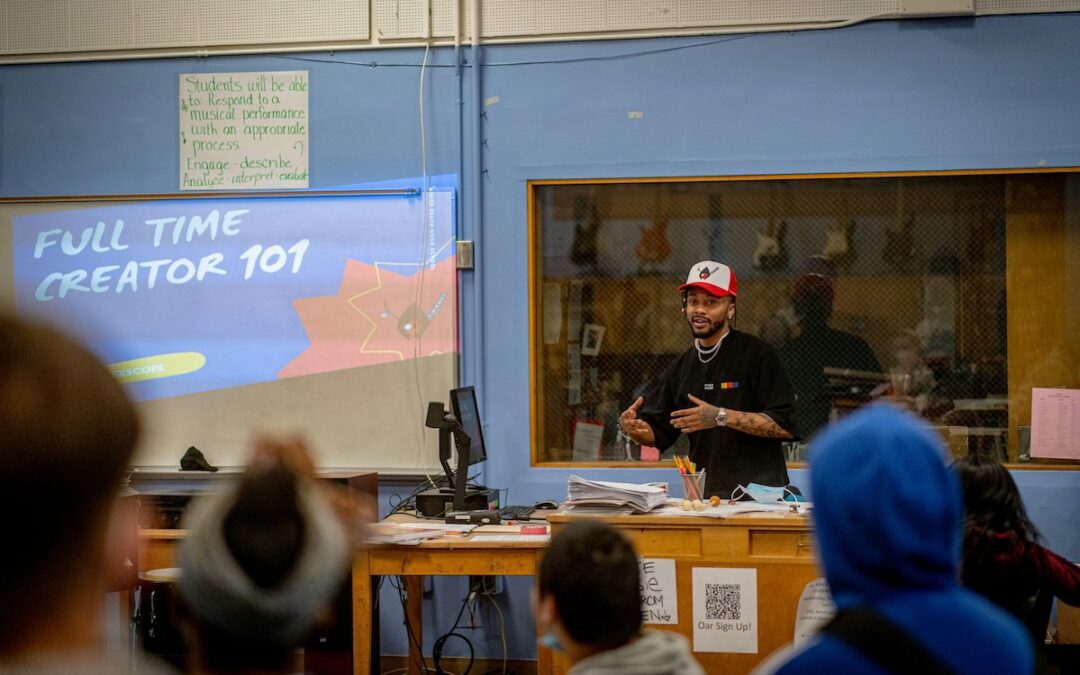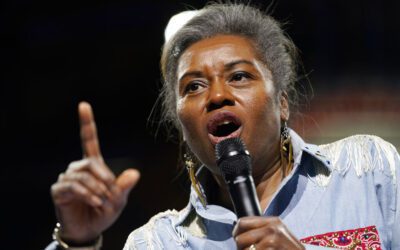
Photo by Kimberly Farmer on Unsplash
When’s the last time someone said something to you that was open for interpretation? It happens all the time in day to day life, but a loose end regarding school library books made its way into the Code of Virginia.
Democratic lawmakers sought to address that issue this year with Senate Bill (SB) 235.
In 2022, the General Assembly passed SB 656. The bill required the Virginia Department of Education to develop policies to notify parents of any instructional material including sexually explicit content. School divisions had the option to accept the policies as written or expand on them as they saw fit.
A clause included in the bill summary stated that the provisions of SB 656 didn’t pertain to book censoring in public elementary or secondary schools. While that clause is technically part of the law, it’s not included in the online version of the Code of Virginia, which many individuals use as a reference.
In Virginia Beach, the local school board recently passed an amendment to create a committee to address “sexually explicit content” in school libraries. According to the documents from the board, the first legal reference is the Code of Virginia § 22.1-16.8, as amended. Yep, that’s SB 656.
Other school districts in Virginia interpreted SB 656 in the same fashion and removed books from classrooms.
In order to try and address this issue, Democrats sought to move the enactment clause information into a visible space online and to reassert that SB 656 should not be used as a pretext to ban books in classrooms.
SB 235 made it through the Democrat-led state House and Senate, but Gov. Glenn Youngkin did not sign the legislation into law. Youngkin’s veto statement called the bill “unnecessary.”
“Despite the proponents’ claim that the current proposal codifies the enactment clause found in Chapter 100 of the 2022 Acts of Assembly, there are significant language differences that may cause confusion among school administrators, divisions, parents, and students,” the governor’s veto read in part. ”Current law unequivocally affirms that the adoption of these model policies by a school board should not be interpreted as requiring or providing for the censorship of books in public elementary and secondary schools.”
Youngkin also suggested amendments to House Bill (HB) 498, which would require school boards across the commonwealth to notify parents within 30 days of the start of the school year about safe gun storage practices at home. The boards would also compile and send statistics about firearm-related accidents, injuries, and death among youth.
The governor’s amendment proposes directing “the Department of Education to convene a workgroup to create a comprehensive list of the parental rights and responsibilities and develop an efficient method for distributing such list to parents.” The bill itself called for notification through email and potentially text messaging.
Of the 64 bills Youngkin signed into law, six dealt with early childhood or K-12 public education. HB 647 and its companion bill SB 624 clarify multiple provisions of the Virginia Literacy Act, like calling on the Virginia Department of Education to develop a list of core literacy curricula and refining certain terms and methods.
The act is a multi-faceted approach to aiding readers in kindergarten through fifth grade using scientifically-based reading research and evidence-based literacy instruction. Students through eighth grade can also take part through an individualized student reading plan.
Bills HB 1317 and SB 443 adjusted requirements for superintendents around the transfer and management of scholastic records and the disclosure of information in court for students no longer in their division. If a superintendent receives a notice for the information, he or she is required to send the records to the division where the student is currently enrolled or intends to enroll.
High school freshmen and sophomores will soon also have hazing prevention instruction added into their physical or health education classes thanks to SB 379, which calls for age-appropriate, extensive, and current education about the oftentimes humiliating and dangerous practice.
New provisions are also in place for child day programs that solely serve dependent children of military members. HB 739 requires that such programs are either located on a military base or federal property, or are certified as family child care providers by a branch of the armed forces.
Support Our Cause
Thank you for taking the time to read our work. Before you go, we hope you'll consider supporting our values-driven journalism, which has always strived to make clear what's really at stake for Virginians and our future.
Since day one, our goal here at Dogwood has always been to empower people across the commonwealth with fact-based news and information. We believe that when people are armed with knowledge about what's happening in their local, state, and federal governments—including who is working on their behalf and who is actively trying to block efforts aimed at improving the daily lives of Virginia families—they will be inspired to become civically engaged.


Virginia public schools had more than 3,200 unfilled teaching positions in 2024-25
Something’s missing in Virginia classrooms—and it’s not just school supplies. According to the Virginia Department of Education Teacher Vacancy...

Botetourt County Public Schools reinstated random student drug testing
A previously paused policy is back in Botetourt—here’s what it means for students signing up for extracurriculars and parking permits. Following a...

Phones off: Hanover Schools’ policy results in 1,600+ confiscations
One school division went all-in on unplugging during the day—and the results are in. Over 1,600 mobile devices were confiscated at Hanover County...

New federal loan limits could derail Virginia students’ path to medical school
This story by Shalina Chatlani was produced by Stateline and reviewed and distributed by Stacker. Twenty-eight-year-old Michaela Bonner has been...

Public school defender Ghazala Hashmi takes on right-wing radio’s Reid for lieutenant governor
Sen. Ghazala Hashmi, a mom of two daughters, is clear about the choice Virginians face when they go to the polls this November. Do they want to...

The Spanberger strategy: Can this Virginia Democrat reset the politics of public education?
This story was originally reported by Mel Leonor Barclay of The 19th. Meet Mel and read more of her reporting on gender, politics and policy. During...





